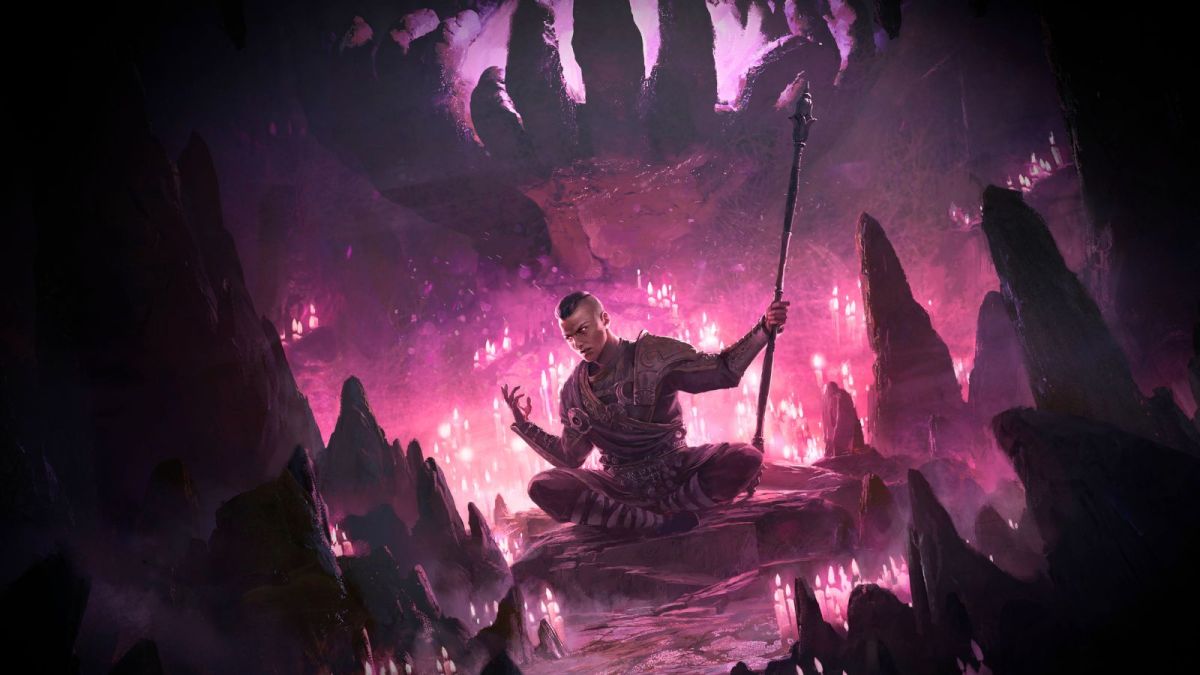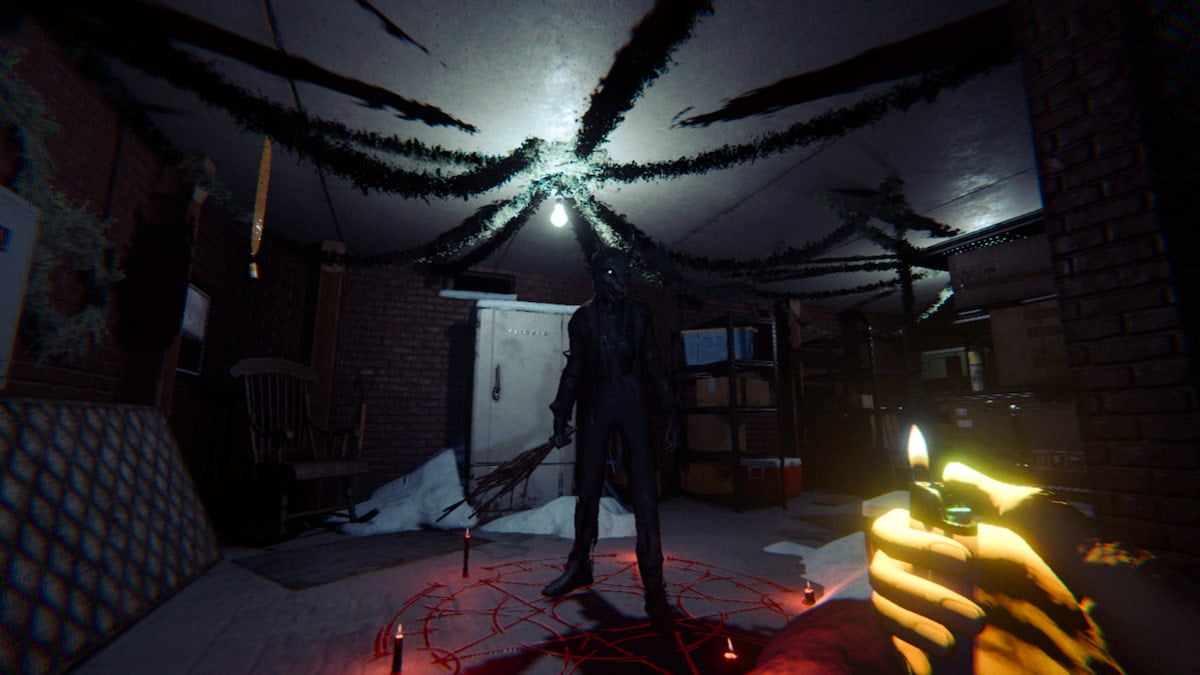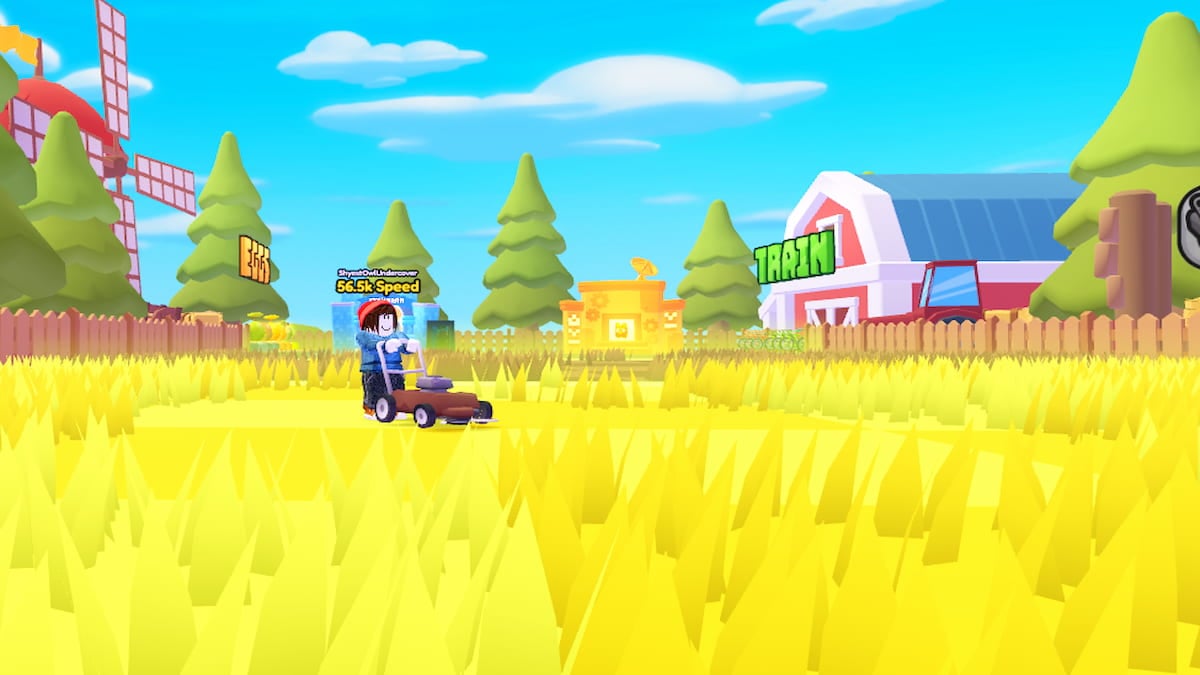
The Problem
A Riot feature with Gravity’s ADC Cop spurred an interesting conversation regarding the pressure pro players live under. In reaction to this, Cloud9’s midlaner Hai Lam posted a lengthy blog concerning the relationship between the esports community and pro players. Hai’s overarching point is that while community criticism towards pros is valid, hate messages that go beyond performance issues have serious negative implications.
Many will claim that pros should disregard the negativity and solely focus on the positives. But that’s not so simple. In an interview with Travis Gafford, Team Liquid’s IWillDominate discusses the same issue and believes that even the toughest players can be affected by comments that involve death threats and derogatory comments. Research in psychology tells us that negative events, negative emotions, and negative feedback are processed differently and are strongly imprinted into our minds. And as you can imagine, ignoring a comment that tells you to effectively off yourself is not so simple.
Some might respond to Hai and Dominate by saying, “well, don’t go on social media.” But allowing others to control your behavior on social media is not reasonable. A pro player should not be stopped from wanting to read comments from fans, since a majority of fans have encouraging and positive things to say. Unfortunately, there is no way to practically filter every individual spewing hatred (if only we could!). Blocking users is effective to some extent; but, the offending individual can easily create a new account. Because of the potential for continual abuse, players will benefit from learning active skills to cope with the negativity, and they require the help to do so.
High Pressure, No Support

We also need to remember that pro players are often still in their formative years. These teenagers and young adults are impressionable and filled with emotion, yet have been placed in a stressful environment. A vast amount of time is dedicated to this game. Yet, poor performances over a short period can rip away everything you worked so hard to achieve.
This has occurred multiple times to players in the LCS. The most often cited example is, former CLG top laner, Nien. Poor performance over one playoff series, excessive community backlash and his fight with depression, caused him to temporarily quit the competitive scene. Anxiety, depression, and other mental health problems are prevalent in esports (See: Tabzz, Brokenshard, Gleeb). Of course, not every player will develop a serious mental health issue. But, every player will face stress, insecurity, and negativity. It takes psychological education and life skills to learn to manage these obstacles.
As it stands, there is little to no professional support for these players. While coaches and teammates are there for emotional support, that’s only one way of coping. And sometimes, like in Nien’s case, players do not have the confidence or environment to disclose their problems with their team. Without a professional mental health support structure, players have little knowledge on how to deal with all the stressful circumstances generated by competitive esports. But, this can change.
Taking Steps Forward

There is one team that has worked to build a better support structure for its players, and can serve as a working model for other teams. In the EU LCS, the Copenhagen Wolves have employed, sports psychologist, Weldon Green to provide the team with group workshops and private 1-on-1 sessions. Green’s primary focus is on enhancing player performance through time management and goal setting[1]. This also includes helping players develop the mental toughness to persevere through hardships by developing skills, such as self-talk or mindfulness. Working with a professional to treat anxiety and stress is much more effective because you learn how to actively and proactively deal with them. SK Gaming also employ a sports psychologist and their players have expressed the benefits of working with one.
The role of a sports psychologist offers further support and structure, which can lead to an improved player environment. However, sports psychologists are rare in the current scene. Teams either feel they are in no need of a sports psychologist or are unwilling to use expenses for such a position. LCS teams had the exact same sentiment about head coaches pre-season 5. There was no real incentive. It wasn’t until Riot recently required all teams to appoint a head coach and offered compensation for teams to do so did this change. The same rule needs to happen for sports psychologists.
In perspective, the LCS is a stressful and high-pressure environment for pro players. Yet, it is also their sole growth setting during a malleable stage of development. So, it is essential for them to be provided with the emotional support and coping skills they need during this time. A sports psychologist can provide that.
Since pro players and their teams are contracted to the LCS, it is Riot’s responsibility to make the LCS a better place where young pro players can develop and learn. Incentivizing teams to employ psychologists is one step toward that ideal. Colleges, militaries, and traditional sports all have these services. Why not esports? Now is the time for Riot to support its players during their transformative and transitional years.
[1] Thanks to Weldon Green for providing me information concerning his collaboration with Copenhagen Wolves. If you would like to learn more about Weldon, sports psychology and performance enhancement, visit www.mindgames.gg





Published: Apr 9, 2015 03:05 pm